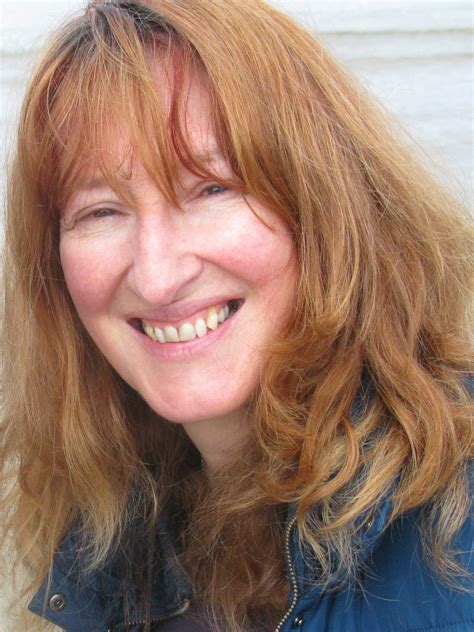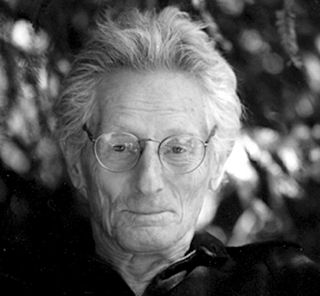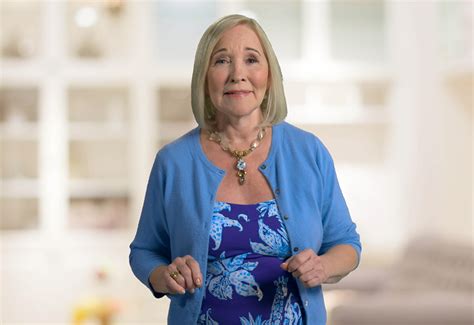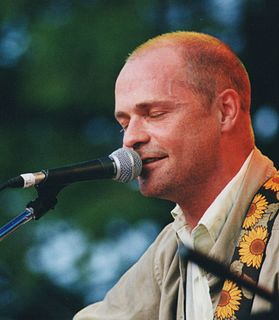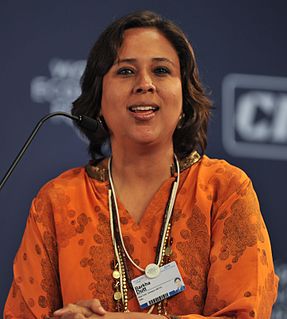A Quote by Amy Hardie
I think the neural pathways in our brains affect what happens in our bodies, and so can alter our health.
Related Quotes
Presumably there are energies, to which each human is sensitive, that we cannot yet detect by means of our instruments. Built into our brains and our bodies are very sensitive tuneable receivers for energies that we do not yet know about in our science but that each one of us can detect under the proper circumstances and the proper state of mind. We can tune our nervous systems and bodies to receive these energies. We can also tune our brains and bodies to transmit these energies.
Consciousness creates the body. Our bodies are made up of dynamic energy systems that are affected by our diets, relationships, heredity, and culture and the interplay of all these factors and activities... We cannot hope to reclaim our bodily wisdom and inherent ability to create health without first understanding the influence of our society on how we think about and care for our bodies.
If we focus on our health, including our inner health, our self-esteem, and how we look at ourselves and our confidence level, we'll tend to be healthier people anyway, we'll tend to make better choices for our lives, for our bodies, we'll always be trying to learn more, and get better as time goes on.
Ninety percent of our lives is governed by emotion. Our brains merely register and act upon what is telegraphed to them by our bodily experience. Intellect is to emotion as our clothes are to our bodies; we could not very well have civilized life without clothes, but we would be in a poor way if we had only clothes without bodies.
Like our physical bodies, our memory becomes out of shape. As children, we are constantly learning new experiences, but by the time we reach our 20s, we start to lead a more sedentary life both mentally and physically. Our lives become routine, and we stop challenging our brains, and our memory starts to suffer.
